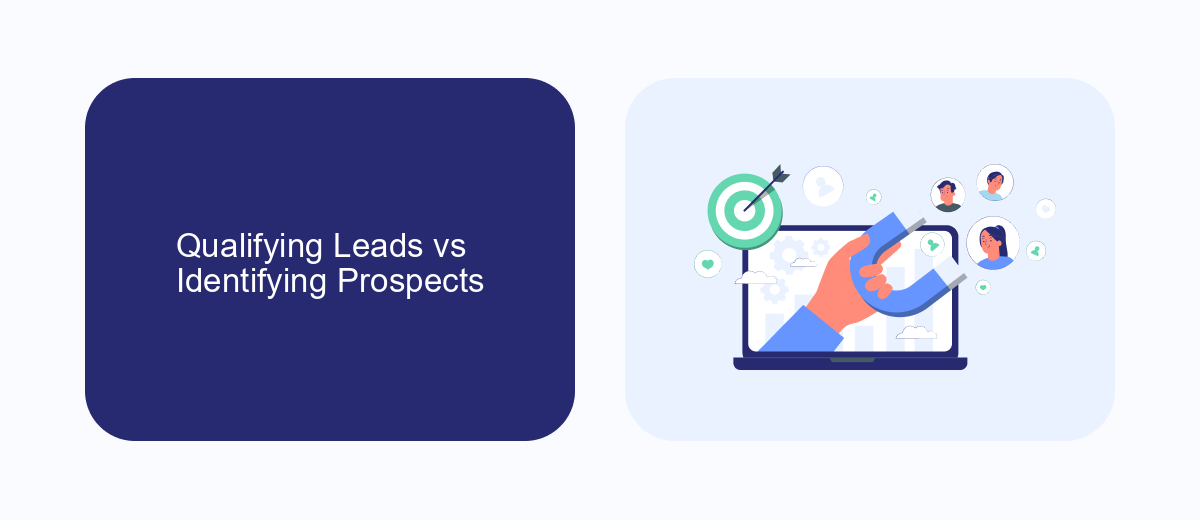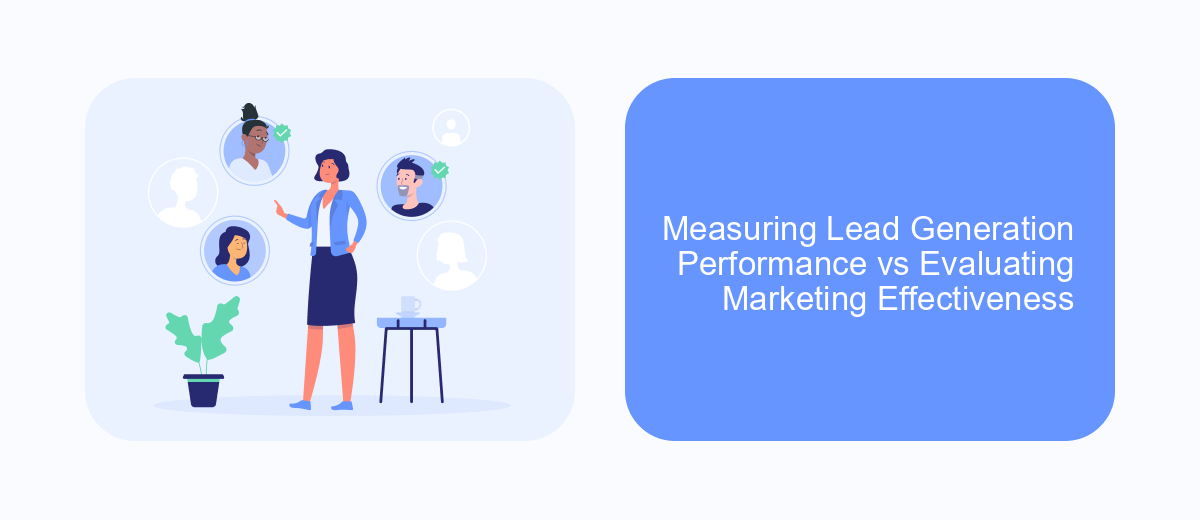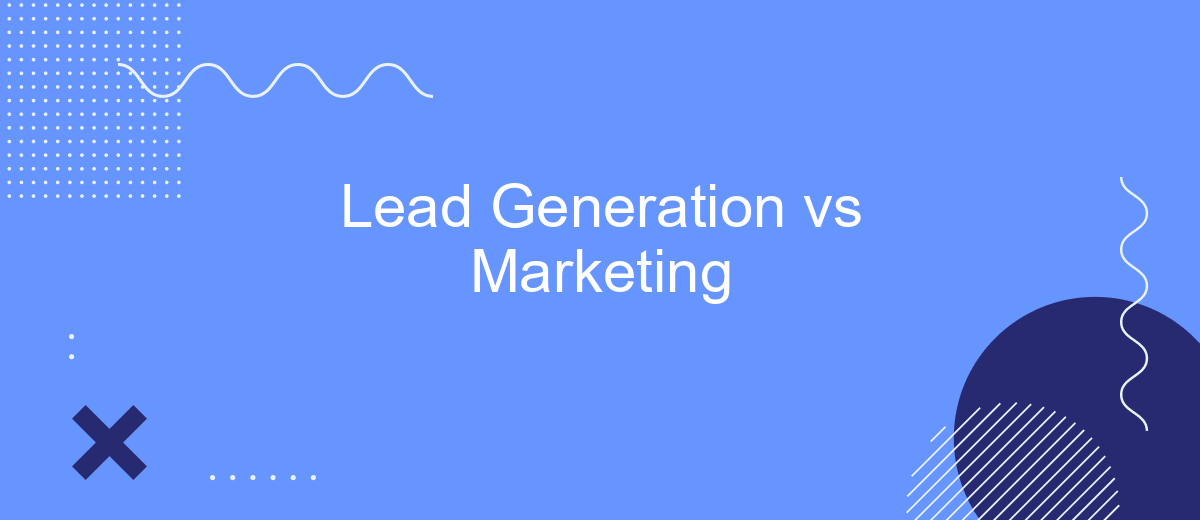In today's competitive business landscape, understanding the distinction between lead generation and marketing is crucial for success. While both play pivotal roles in attracting and engaging potential customers, they serve different purposes and require unique strategies. This article delves into the nuances of lead generation versus marketing, helping you harness their combined power to drive growth and achieve your business objectives.
Lead Generation Overview vs Marketing Overview
Lead generation and marketing are two critical components of a successful business strategy. While marketing focuses on creating awareness and attracting potential customers, lead generation specifically aims to identify and convert these prospects into actionable leads. Understanding the differences and synergies between these two can help businesses optimize their efforts and achieve better results.
- Lead Generation: Involves tactics like email campaigns, content marketing, and social media to capture contact information.
- Marketing: Encompasses broader activities including branding, advertising, and customer engagement to create interest.
- Integration Tools: Services like SaveMyLeads automate data transfer between marketing platforms and CRM systems, enhancing efficiency.
By leveraging both lead generation and marketing, businesses can create a comprehensive approach to attract, engage, and convert potential customers. Tools like SaveMyLeads streamline the integration of various marketing efforts, ensuring that no lead is lost and every opportunity is maximized. Combining strategic marketing with effective lead generation can significantly boost a company's growth and profitability.
Qualifying Leads vs Identifying Prospects

Qualifying leads involves evaluating potential customers to determine their likelihood of becoming paying clients. This process typically includes assessing their interest level, budget, and decision-making authority. By qualifying leads, businesses can focus their resources on high-potential prospects, thereby increasing efficiency and conversion rates. Tools like Customer Relationship Management (CRM) systems and automated lead scoring can streamline this process, ensuring that only the most promising leads are pursued.
On the other hand, identifying prospects is the initial step of locating potential customers who might be interested in your product or service. This involves market research, analyzing customer data, and leveraging digital marketing strategies to attract attention. Services like SaveMyLeads can be particularly useful in this stage, as they automate the process of capturing and integrating lead information from various sources into your CRM. By efficiently identifying and managing prospects, businesses can build a robust pipeline for future sales opportunities.
Running Lead Generation Campaigns vs Executing Marketing Initiatives

Running lead generation campaigns and executing marketing initiatives are two distinct yet interconnected activities that drive business growth. While lead generation focuses on identifying and attracting potential customers, marketing initiatives aim to build brand awareness and foster customer loyalty.
- Lead Generation Campaigns:
- Target specific audiences
- Utilize tools like SaveMyLeads for seamless integration
- Measure success through metrics like conversion rates
- Marketing Initiatives:
- Broader scope, including brand building
- Use various channels such as social media and email marketing
- Evaluate effectiveness through brand perception and customer engagement
Combining both lead generation and marketing initiatives can create a comprehensive strategy that not only attracts potential customers but also nurtures them into loyal clients. Leveraging tools like SaveMyLeads can streamline the process, ensuring that your campaigns are both efficient and effective.
Measuring Lead Generation Performance vs Evaluating Marketing Effectiveness

Measuring the performance of lead generation and evaluating marketing effectiveness are crucial for any business aiming to optimize its strategies. Lead generation performance can be assessed through metrics such as the number of leads generated, conversion rates, and cost per lead. These metrics provide insights into how well your lead generation tactics are working and whether they are bringing in quality leads that are likely to convert.
On the other hand, evaluating marketing effectiveness involves a broader range of metrics that go beyond just lead generation. This includes brand awareness, engagement rates, return on investment (ROI), and customer lifetime value (CLV). By analyzing these metrics, businesses can determine the overall impact of their marketing campaigns and how they contribute to long-term growth.
- Number of leads generated
- Conversion rates
- Cost per lead
- Brand awareness
- Engagement rates
- Return on investment (ROI)
- Customer lifetime value (CLV)
For businesses looking to streamline their lead generation efforts, tools like SaveMyLeads can be invaluable. SaveMyLeads automates the process of capturing and managing leads from various sources, ensuring that no potential customer is missed. By integrating SaveMyLeads into your marketing strategy, you can improve efficiency and focus on converting leads into loyal customers.


Using Lead Generation Tools vs Leveraging Marketing Automation
Using lead generation tools allows businesses to identify and capture potential customers through various online channels. These tools often include features like form builders, landing pages, and CRM integrations that make it easier to gather and manage leads. For example, SaveMyLeads is a service that helps automate the process of capturing leads from different platforms and integrating them into your CRM system, ensuring that no potential customer is missed and that follow-ups are timely and efficient.
On the other hand, leveraging marketing automation focuses on nurturing these leads through personalized and automated communication. Marketing automation platforms can segment your audience, send targeted emails, and track engagement metrics to optimize your marketing efforts. While lead generation tools are essential for the initial capture of prospects, marketing automation ensures these leads are effectively guided through the sales funnel, ultimately converting them into loyal customers. By combining both approaches, businesses can create a seamless and efficient process from lead capture to conversion.
FAQ
What is the difference between lead generation and marketing?
Why is lead generation important for businesses?
Can lead generation be automated?
What are some common strategies for lead generation?
How does lead generation fit into the overall marketing strategy?
Don't waste another minute manually transferring leads from Facebook to other systems. SaveMyLeads is a simple and effective tool that will allow you to automate this process so that you don't have to spend time on the routine. Try SaveMyLeads features, make sure that this tool will relieve your employees and after 5 minutes of settings your business will start working faster.
